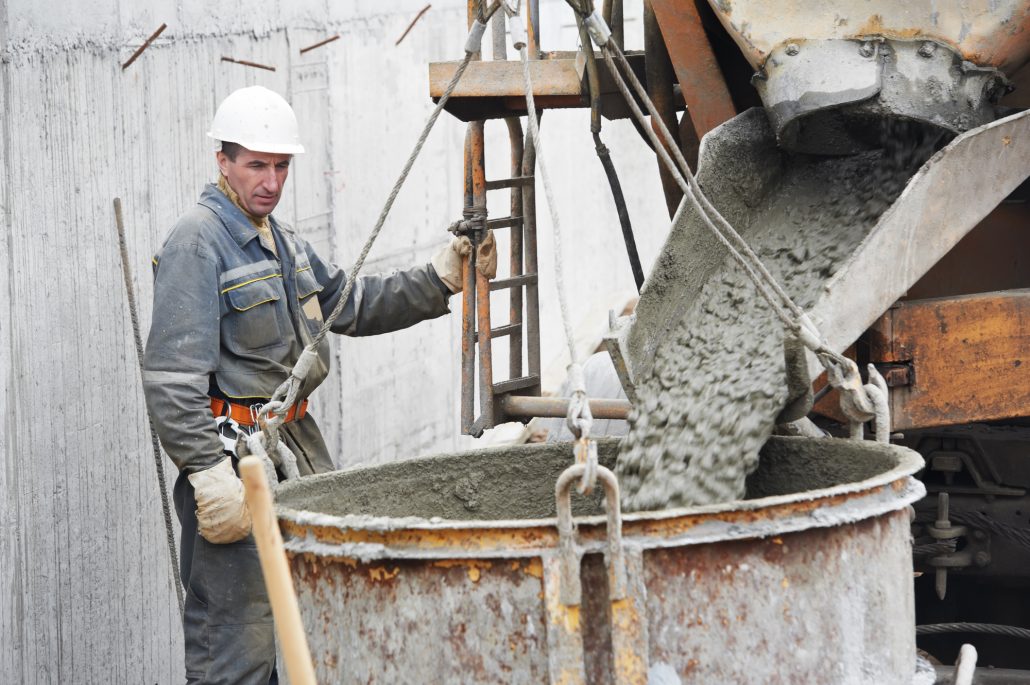
Direct-contact water heaters have revolutionized the concrete industry. Your concrete pouring season is no longer at the mercy of Old Man Winter. With a water heater, you can pour later into the winter and earlier in the spring, adding dozens of projects to your production schedule.
But there’s one problem with direct-contact water heaters: they are notorious for scale buildup in areas with hard water. When water heaters are brand new, they are very efficient and have minimal operation costs. But as they age, scale builds up in the heaters, heat exchangers, and transfer lines. Your heater must work harder to operate, which means you lose efficiency and spend more money to run the heater. You also spend more in labor to periodically descale your equipment by hand with hazardous chemicals.
Effects of Water Scale on Your Concrete Pouring Operation
If you’re experiencing inefficient heating or rising fuel costs, chances are your water heater has water scale issues. If your water hardness level is greater than 9 grains (153 ppm) of calcium carbonate per gallon, you’ll eventually experience water scaling in your heater.
If you allow scale to build up in your tank, exchanger, or water lines, you’ll feel its effects in your operation’s efficiency and on its fuel bill. Your pouring season will get shorter and shorter the more scale builds up in your heater. And as your season gets shorter, your fuel costs will rise. In the offseason, you may even find you need to pay a crew to take your heater apart and clean it with hazardous chemicals.
An Effective, Affordable Solution for Water Scale
By regularly metering in a scale inhibitor and anti-foulant into fresh water entering your heater, you can extend your production season and keep ahead of your competition. Scale inhibitors extend the life of your equipment and reduce the need for yearly deep cleaning. Clean equipment is more effective and efficient, saving you time and money.
Our most effective scale inhibitor and anti-foulant is 864A Scale Control Agent/Hardness Handler. Its liquid formula removes and prevents scaling and fouling without hazardous ingredients. In fact, 864A has a very low toxicity and does not contain zinc, chromates, or phosphates, making it safe for your employees and the environment and harmless to your concrete mix.
Because 864A is super concentrated, most Redi-Mix concrete operations need just one or two drums a year to keep their equipment working optimally. You can even conveniently dispense it directly from its shipping container into your water heater lines via a Pulsatron pump dispensing system.
Water scale issues often put concrete businesses out of commission when the weather gets cold. But regular descaling with a scale inhibitor can keep your equipment running efficiently and affordably well into the winter months. For more information on 864A, contact the experts at Seacole today.


